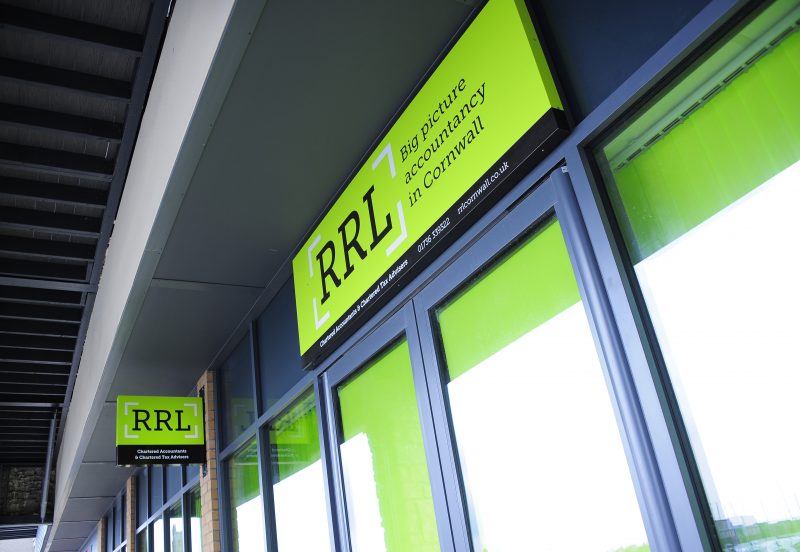Ringing the changes
Michelle Dash, Manager at RRL Cornwall, explains recent changes in UK company law.
The Economic Crime and Corporate Transparency Act (the Act) received Royal Assent on 26th October 2023, with Companies House anticipating the first changes to UK company law from 4th March this year. At the time of writing, the introduction of these changes is awaiting secondary legislation, and therefore the implementation date is still dependent on parliamentary timetables.
The Act aims to introduce measures which will lead to improved transparency and more accurate records on the public company registers, by giving Companies House the power to play a more significant role in tackling economic crime.
So what will this mean for you? If you’re a company director, a person with significant control of a company (PSC), or you file on behalf of a company, you’ll need to be aware of the changes. Measures coming into force from the anticipated date of 4th March include granting greater powers for Companies House to query information and request supporting evidence. It will be able to scrutinise and reject information which it believes is incorrect or inconsistent. This makes submitting correct and relevant information on the register even more important. If a company fails to respond to a request for more information, it may face a financial penalty, an annotation on the company’s record, or prosecution.
The Act will also introduce stronger checks on company names which may give a false or misleading impression to the public, and it will lead to new rules for registered office addresses. In fact companies currently using a PO Box will need to have changed the address before 4th March, as PO Boxes will no longer be allowed. If Companies House is satisfied that a company’s address is not appropriate, it will move it to a default address held at Companies House. The company must then provide an appropriate address with evidence of propriety ownership within 28 days, or proceedings may be started to have the company struck off the register.
In addition to these changes, all companies will need to provide a registered email address. This won’t be visible to people viewing the register, but Companies House will use it for correspondence. For existing companies, this will need to be provided when the next confirmation statement is submitted. New companies will also need to confirm they are forming the company for a lawful purpose when they incorporate, with existing companies required to confirm every year on their confirmation statement that their future activities will be lawful.
There will also be the ability to annotate the register to make users aware of potential issues with the information provided to Companies House. Data matching tools will be used to identify and remove inaccurate information, in a bid to clean up the register, and data provided on the register will be shared with other government departments and law enforcement agencies.
These are just the changes expected as of 4th March. Further changes that the Act will introduce at a later date include a roll out of new filing options for small companies. Small and micro-entity companies will need to file their profit and loss account, and the option to file abridged accounts will be removed. This is a significant change for many. Some owner-managed and family businesses may be concerned by the increased financial information available to the public – this may drive changes to the way that those business owners extract funds from the company. This should be being considered now.
We can also expect identity verification for anyone setting up, running, owning or controlling a company or LLP. This is to deter those wishing to use companies for illegal purposes. New companies will need all directors and PSCs to verify their identification when the company is formed. For existing companies, there will be a transition period. More information on the verification process will be made available from Companies House over the coming months.
Any company claiming audit exemption will need to give an additional statement from the directors on the balance sheet. The directors will need to specify which exemption is being claimed and confirm that the company qualifies for the exemption.
Finally, Companies House is moving towards complete digitisation of document filing, which means all accounts will need to be filed using software.
In short, there are lots of changes being put in place with the introduction of the Act. If you’re unsure how to proceed or what changes your business needs to make in order to live up to the new requirements and changes, it always pays to seek expert advice.
DISCOVER MORE…
If you’re looking for expert advice on how to navigate the changes introduced by the Economic Crime and Corporate Transparency Act, be sure to contact the team at RRL Cornwall.
RRL Cornwall
Truro: 01872 276116
Penzance: 01736 339322
post@rrlcornwall.co.uk
www.rrlcornwall.co.uk







